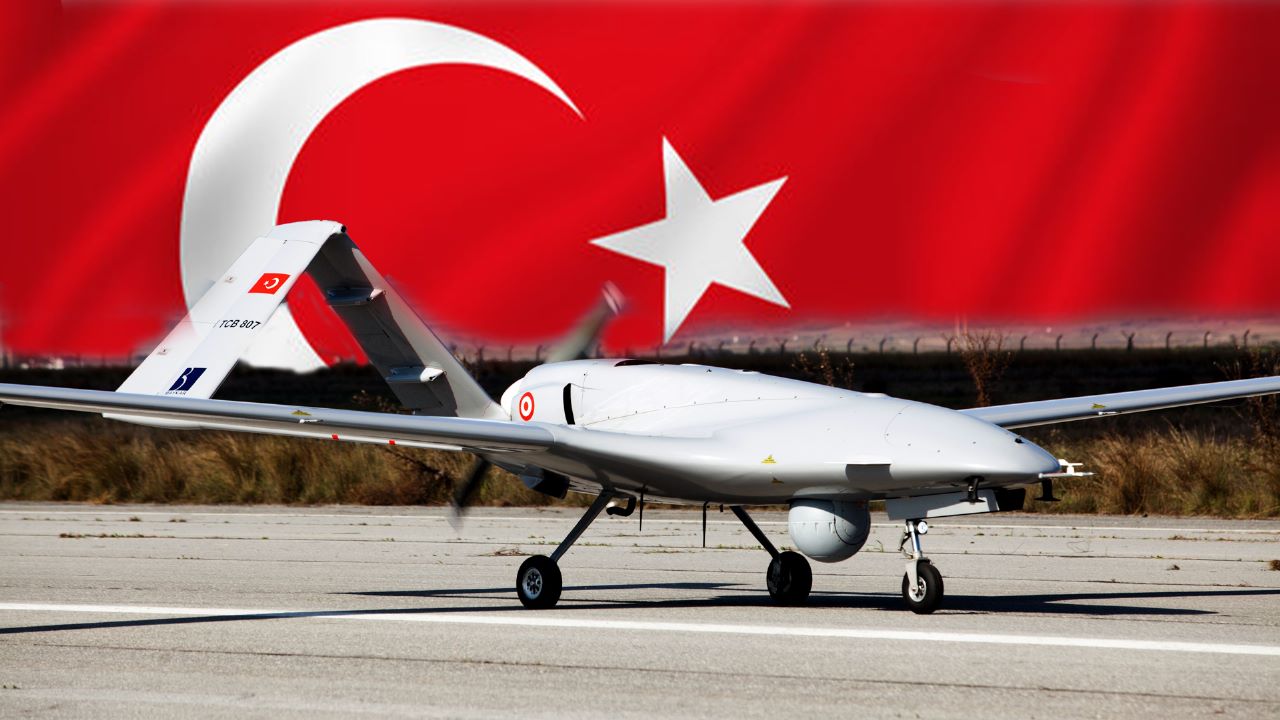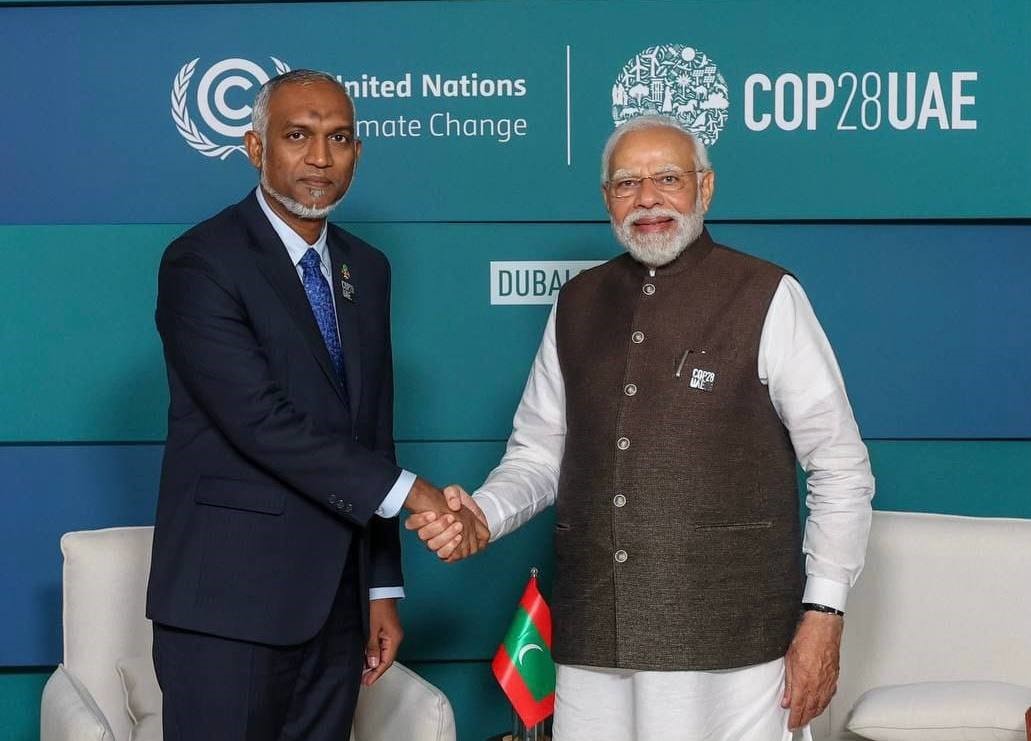After Chinese Spy Ship, Now Turkish Warship To Dock In India’s Backyard In Maldives; Comes After TB2 Deal
After signing a multi-million-dollar deal with Turkey to purchase military drones to patrol the high seas, the island nation of Maldives is hosting the Turkish warship TCG Kinaliada in Male. The visit of the Turkish warship comes at a time when India’s ties with both Maldives and Turkey have hit an all-time low.
The ties between India and Turkey have been in a downward spiral because of Turkey’s inability to decouple itself from Pakistan on the issue of Kashmir. Since the abrogation of Article 370 in 2019 in Jammu and Kashmir, Turkey has not let go of any opportunity to raise the issue on an international forum.
TCG Kinaliada is en route to mark the 100th anniversary of Turkey’s relations with Japan. The two countries closely partner on matters of development. Throughout its 134-day voyage, the ship will travel some 27,000 nautical miles, and there will be a total of 24 port visits in 20 countries, including Japan, Pakistan, the Maldives, Bangladesh, and China.
The new government in Maldives led by President Mohamed Muizzu came on its campaign of ‘India Out.’ They even ousted 77 Indian military personnel deployed on the island nation.
The Indian officers stationed in Maldives were operating and maintaining the two Dhruv Advanced Light Helicopters and a Dornier aircraft gifted to the Maldives National Defense Force by India. They were also training the Maldivian military.
The helicopters were used to transport patients from various islands of the archipelago nation to hospitals in Malé and have saved over 500 lives till now. The Dornier conducted reconnaissance flights by the Maldivian military against suspicious ships and gun and narcotics trafficking.
However, after the new government came to power in Maldives, the country’s relationship with New Delhi ‘blew away.’ A defiant Maldives not only opened doors to Chinese ‘spy ships,’ but it is also cozying up to Turkey, another of India’s adversaries.
The new government in Maldives has signed a USD 37 million deal with Turkey to buy military drones that will patrol its high seas – a task so far done by India in partnership with the Maldivian defense forces.
The drone deal came in the wake of Muizzu’s diplomatic visits to Turkey and China, signaling a recalibration of the Maldives’ geopolitical alignments.
These Turkish drones are expected to replace the Indian Dornier aircraft to carry out maritime operations and surveillance.
The Maldivian government aims to deploy the Bayraktar TB2 drone, developed by Turkey’s Baykar Technology, to surveil its 900,000 square kilometers of EEZ, thereby enhancing its maritime monitoring capabilities. The money for these Turkish drones has been allocated from the state’s contingency budget. The money will be paid in installments.

Turkey, one of the leading drone exporters, will be supplying the drones to the Maldives, which is already being operated by the Turkish military.
Sri Lanka, sitting on the tip of the Indian Ocean Region (IOR), put a year-long moratorium on foreign research vessels from operating in its waters. The moratorium that began on January 1 is seen as a big diplomatic and strategic victory for India that has raised alarm over the Chinese research vessels surveying the vast swathes of the IOR under the pretext of conducting scientific tests.
The data gathered through these tests is invaluable for the Chinese submarines seeking to navigate the shallow waters of Malacca Strait and through the East IOR, causing much consternation to India.
However, the political equation in the IOR is getting tricky, with Maldives’ new President, Mohamed Muizzu, upping the ante against India. Much to India’s chagrin, the Maldives has given a green signal to the same Chinese research vessel to dock at Male.
The Indian concerns over Chinese ballistic missile trackers and research surveillance ships being allowed by Sri Lanka or Maldives are due to fear that Beijing could use them for spying in the name of marine exploration.

Ratcheting Up Discord In South Asia
Turkey’s President Recep Tayyip Erdogan has been siding with Pakistan. In 2020, Erdogan visited Pakistan and extended his support to Islamabad over Kashmir. In January 2023, a Turkish private military company called SADAT, also known as Erdogan’s private army, reportedly declared to send mercenaries to Kashmir to fight against the Indian Military.
In return, Pakistan has pledged its unwavering support to Turkey over Cyprus. In 2021, Pakistani President Arif Alvi pledged solidarity with the Turkish Republic of Northern Cyprus (TRNC).
- Ritu Sharma has been a journalist for over a decade, writing on defense, foreign affairs, and nuclear technology.
- The author can be reached at ritu.sharma (at) mail.com
- Follow EurAsian Times on Google News


